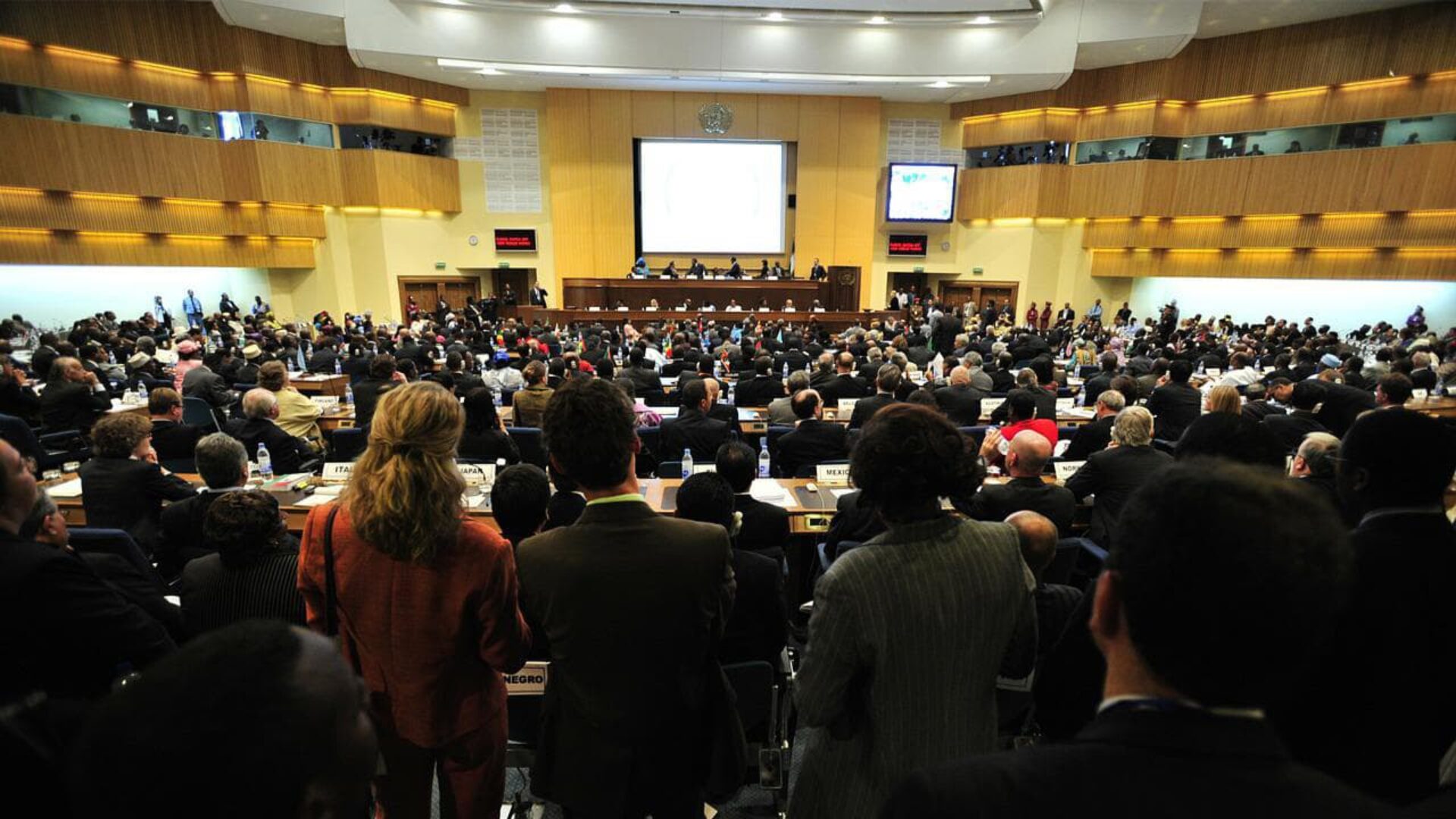Write out a complete scenario plan. It describes what happens at each location, what equipment is needed, and what the performing staff are doing. Print several copies for yourself.
Make a copy of the scenario plan for the technicians in the halls so they know when and what presentation to put on.
Select music for the period while guests are gathering. Form tracks into a playlist in advance and give it to the technician at the venue. Take an extra flash drive with music just in case. The music should be upbeat, but not too loud. It will create an atmosphere.
Prepare a supporting text for the host for the opening and closing of the event. Indicate all sponsors and partners whose names are to be read from the stage. Spell out the names of the speakers with the correct accent. Tell the host in advance exactly what should not be said.
To encourage participants to post on social media, add a contest to the script. For example, raffle useful prizes at random among those who post a review of the event with a hashtag.
Prizes can be certificates for agency services, useful business literature, gifts from partners and sponsors.
Making final preparations
In the final days before the event, go over the estimate and make a checklist of everything you’ll need.
Collect handouts from partners and sponsors in advance, don’t expect them to do it themselves. This is your area of responsibility under the sponsorship or partnership agreement.
The day before the event, prepare the venue, handouts, and reception area as much as possible. Set up banners and press displays.
Stock up on extra extension cords, outlet adapters, batteries, a spare laptop, regular and double-sided tape, thread, needles, scissors, screwdriver and a screwdriver. Just do it. Believe me, you may need any of the above items at the most unexpected moment.
Brief your supervisors on the site. Walk with them the entire guest path from the entrance to the halls. Show the locations of all event areas, dressing room, restrooms, smoking area.
Conduct a full general run-through to be sure that screens, laptops, microphones, sound equipment are working properly. Once again, check all presentations at the venue. If you don’t check everything in advance, you won’t have time to fix any rough edges or malfunctions before the event even begins.
